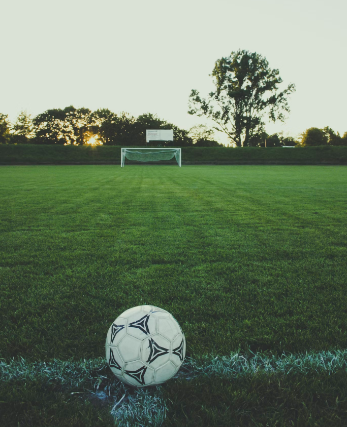The Impact of Football Participation on Student Academics and Social Life

Participating in football at the college level is often viewed through the lens of athleticism and physical fitness, yet its impact stretches far beyond the field. For many students, being a part of a football team is a defining aspect of their college experience, influencing both their academic and social life in significant ways. Understanding these influences can help prospective student-athletes make informed decisions about their college careers.
Engaging in college sports, particularly football, requires juggling rigorous training schedules with academic responsibilities. Students must find a balance between the field and the classroom, ensuring that their commitment to sports does not undermine their academic goals. This dual demand underscores the importance of resources and strategies aimed at helping students maintain this balance, such as those offered by the write my essay no plagiarism services, which provide academic support tailored for student-athletes.
Academic Impacts of Football Participation
Time Management and Discipline
- Developing Time Management Skills:
- Regular practice and game schedules teach students how to manage their time effectively.
- Balancing training with studying and assignments fosters discipline that benefits academic pursuits.
- Challenges and Support Systems:
- The time-intensive nature of football can strain a student’s ability to keep up with academic work.
- Schools often provide specialized academic services for athletes to help manage this load.
Influence on Academic Performance
- Positive Outcomes:
- Some studies suggest that the structure provided by sports participation can enhance academic performance.
- Athletes often have access to tutoring and study sessions, which can improve their learning outcomes.
- Potential Risks:
- The physical and emotional demands of football can lead to fatigue, impacting school performance.
- Risk of prioritizing sports over academics, which could affect long-term educational goals.
Social Impacts of Football Participation
Building Social Connections
- Team Dynamics:
- Being part of a team creates a sense of belonging and community among students.
- Teammates often become support networks, helping each other both on and off the field.
- Networking Opportunities:
- Interactions with coaches, alumni, and others connected to college sports can provide valuable career contacts.
Impact on Personal Development
- Leadership Skills:
- Football players frequently develop leadership qualities that are transferable to other areas of life.
- These skills are highly valued in the professional world, enhancing post-college opportunities.
- Coping with Pressure:
- The high-pressure environment of college football teaches students how to handle stress and adversity.
Conclusion
Balancing the demands of college football with the requirements of academic life presents unique challenges and opportunities for students. Participation in football can significantly enhance a student’s social and personal development, providing them with a network of support and valuable life skills. However, it is crucial for student-athletes to utilize resources like tutoring and academic advising to ensure that their educational goals are not compromised. For those looking to maximize their academic and athletic success, services such as the best dissertation writing service can be an invaluable aid, offering specialized assistance that is tailored to the unique needs of student-athletes. This balanced approach can lead to a rewarding and enriching college experience, both on the field and in the classroom.

